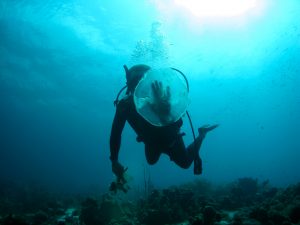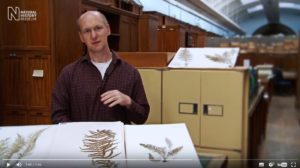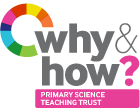Resources on Climate Change, Extinction and Our Environment
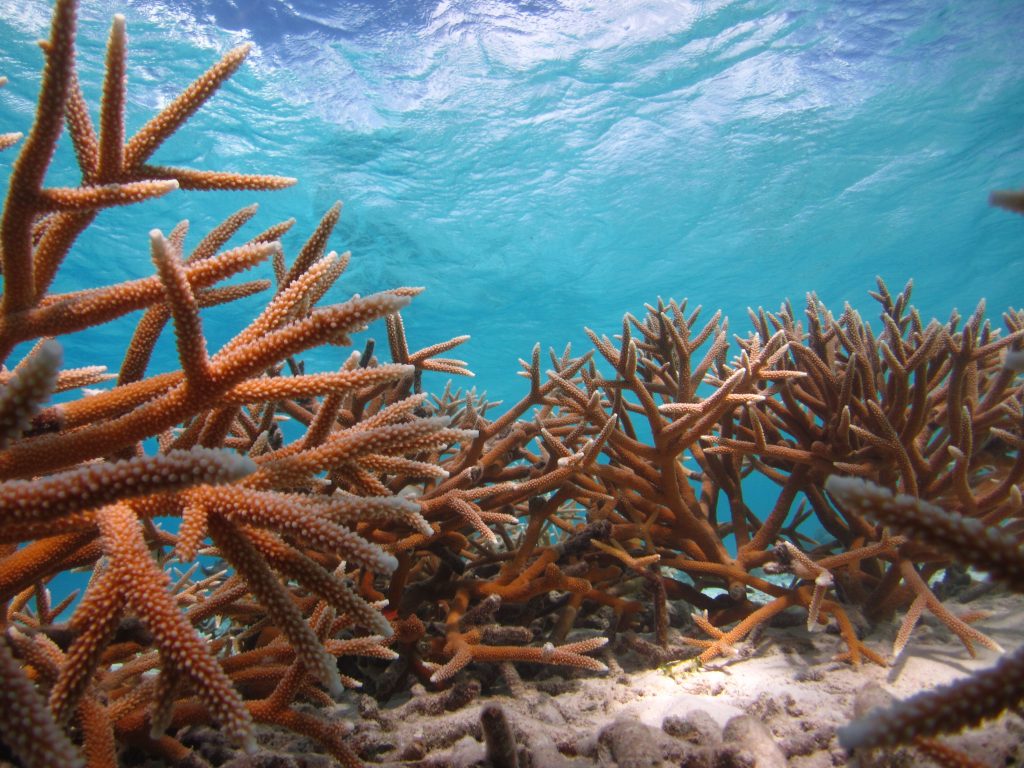
In this short article we will suggest some sites that could be useful when planning lessons on living things and their habitats.
The resources focus on climate change, extinction, recycling and the environment.
Coral Live (November 2019) from Encounter Edu.
IDEA: Treat your students to an inspiring series of interactive Encounter Live lessons to learn about impacts of climate change on marine environments and the preservation of coral reefs through the Geography and Science curricula during AXA XL Coral Live.
Running from the CARMABI Marine Research and Biodiversity station in the Dutch Antilles between 11-15 November, the 25 free live lessons offer teachers a unique way to explore field science, the degradation of ecosystems and the critical restoration work to preserve vulnerable habitats and endangered species.
Jamie Buchanan-Dunlop, educator and founder of Encounter Edu, will be exploring the daily themes of the coral reef and ecosystems, restoration of habitats, climate change and ocean acidification, and adaptation.
Register for free to book any of the live investigations, interviews with experts and the ask-me-anything sessions here. Each broadcast is underpinned by supporting resources from activities and lesson plans to galleries.
Plants under Pressure
Idea: Use this video clip to start a discussion on how plants are being threatened with extinction and how this is being monitored.
The Plants under Pressure project is a partnership between London’s Natural History Museum, the IUCN, and the Royal Botanical Gardens, Kew. The project aims to quantify how threatened plants are. It has found that of the 380,000 plants species on the earth, around one fifth are at risk of extinction.
Kids Against Plastic
Idea: Get your students considering materials as well as living things with a lesson on waste based on one of Kids Against Plastic’s lesson guides
Kids Against Plastic is a campaign started by two homeschooled students (inspiration for your students?). They read the UN Global goals and got inspired to make a change after learning about the impacts of pollution on the marine environment.
You can watch them in this TEDtalk:
Other useful resources
Images, videos and longer articles on from biographic such as a photoessay on deforestation in Brazil. The images are amazing but the words would need adapting for younger audiences:
If you are looking for an in depth project, Oxfam provides seven downloadable sessions for 7-11 year old exploring the human impact of climate change:
https://www.oxfam.org.uk/education/resources/climate-challenge-7-11
Facts, images and videos of species round the world from the WWF. The site includes a large section on marine habitats and the creatures that live there:
https://www.worldwildlife.org/habitats/ocean-habitat
Back to blog
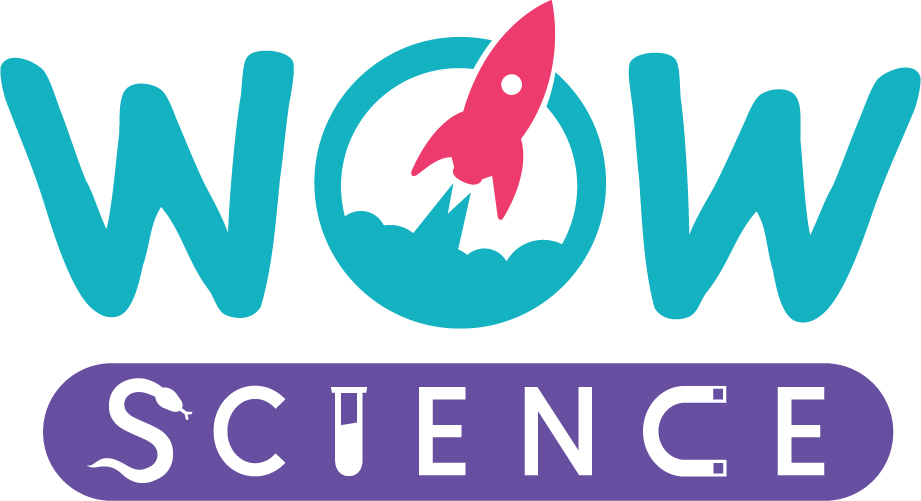


 QUICK
QUICK
 MEDIUM
MEDIUM LONG
LONG
